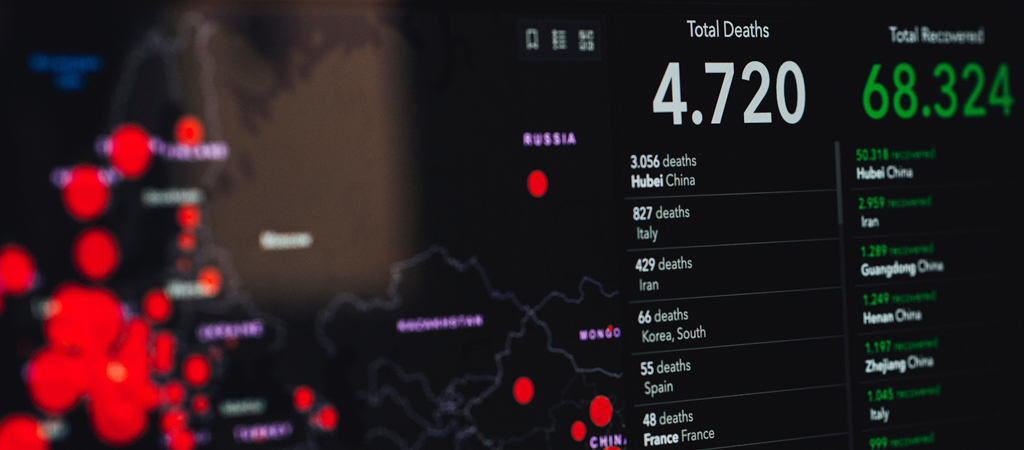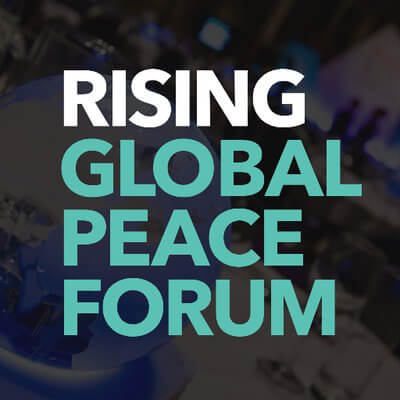Laura Cleary and Graeme Olley worked together at the Defence Academy over a six-year period, delivering Defence Engagement. During that time they fielded a range of questions from students regarding international security, operational commitments, governance and management. Here they reunite to reflect on the impact of COVID-19.
GO: Resilience as a concept began in the world of engineering based on very precise tolerances that allowed machinery and technology to operate both safely and effectively. It has emerged as a security concept and used as a framework or a lens to analyse security. As my professor said at Kings College London, there is nothing new under the sun. Resilience has become another over used word in the lexicon of security. It follows a fad for “human security” which once again was nothing new. I suppose we can view human resilience 2 ways, corporately and individually. For me it is how the herd and the individual prepare, prevent, mitigate, recover and above all else learn. As I said before it is simply risk management plus. Though we all too often forget that risk is both threat and opportunity. In all the courses in all of the countries the hardest exercise was always the opportunity risk map. If one looks at all the NSS of many countries, and I still do, you will find the conflation of risk with threat. To be truly resilient we need to look for opportunity and we do, we just are not very good at providing balance in our discourse with threats.
LC: I agree. Resilience is now part of the buzz word bingo in security studies. I think its rise in popularity in the Social Sciences, and in particular Security Studies, coincides with the shift from threat analysis to risk analysis. We can’t deter all risks, nor can we ensure our total safety and security from all risks, the best we can do is engender a degree of resilience. I think what we have seen over time is a decentralisation of responsibility with the state transferring responsibility to individuals, communities, corporations and non-government organisatons. I agree that learning, not mere identification, is at the heart of resilience. Learning implies that we will do something different in the future based on the knowledge we have gained. As we have seen recently, however, implementation requires financial support, which takes us back to how we prioritise risk and response.



